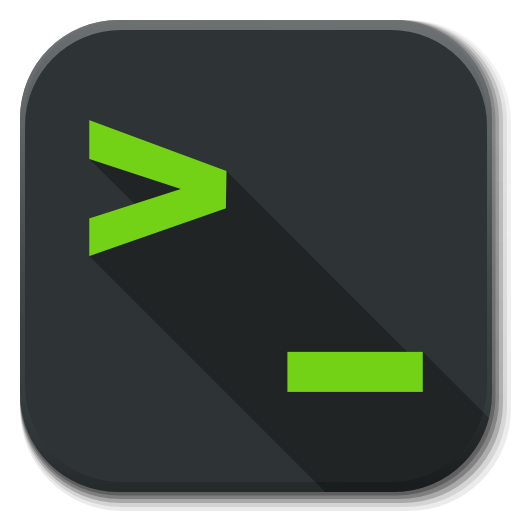This is an OS which has everything. It’s clean, it’s simple, it has a helpful community, stable code, and even pretty good package counts to support nearly any desktop/workstation activity.
And yet, I feel like there are nagging issues which ultimately affect all non-mainstream1 OSes. Display driver complications, janky system upgrades, a lack of groupware clients. I’m not picking on OpenBSD, I love the distro and I think it should succeed in this particular area (the desktop/workstation) where other open source alternatives have failed, but why hasn’t anybody managed to make it happen yet?
For a while, there was a similar hope around DragonflyBSD in the FreeBSD community, but I don’t know where that ended up… I do know I see nobody really using it.
What’s it going to take?
1Obviously, I mean MacOS and Windows, since Linux is at least as hampered on the desktop, perhaps moreso on account of the poor community and scattered vision.
OpenBSD is a great desktop. If you can’t live without some proprietary shit, you’re going to have a bad time.
I prefer doing most of my work on OpenBSD. I have a windows machine I can use for some garbage I am forced to use and the occasional game. Mostly I will VNC in from the OpenBSD machine.
I think we should normalize using a system that does 80% of computing tasks very well and delegating non-optional stuff to a secondary device. I don’t think there’s a 100% one-stop shopping solution to a problem as diverse as “desktop utilization patterns”.
janky system upgrades
Curious what upgrade methods you used… sysupgrade is pretty painless.
I’ve found sysupgrade to be pretty good at the core OS, but I have definitely had issues with drivers (particularly audio and display) and third party packages installed through pkg_add. Upgrading seems to be a mixed bag in terms of continuity of function when you’re running a richer system, as a workstation often is. On a server, with minimal package surface area, things are just fine.
The ship has sailed for anything other than Windows or Mac as a mainstream, popular desktop. And it’s sailing away from Windows and Mac too, towards phones and tablets. Mobile devices are “computers” for a profitably large number of people, and I don’t see that changing.
That said, for this (literally) graybeard old UNIX admin, OpenBSD makes a great desktop. I like that it feels very much like my old SunOS, Solaris, and historic Linux machines, and I like administering my systems by editing simple text files instead of dealing with systemd/dbus/etc.* That said, I do still have an iPhone, and use it for the things it’s better at.
* systemd is fine, dbus is fine, they do what people want them to do. This isn’t a rant about those things. I’ve learned to deal with them in my professional life. For my own stuff, though, I want something that I consider simpler and easier to understand. I do enough fighting systems at work; I don’t need it at home, too.
A long time ago I really enjoyed the pf firewall in openbsd - it was so much easier than iptables and chains, which I somehow still don’t fully understand. How is the obsd experience to do NAT and manage a firewall ruleset these days?
I recently used it as a desktop for over a decade.
But at some point, I found that more and more of my family’s needs had to be handled on an iPad Pro with keyboard, or iPhone. But I always thought it was cool that I was still “technically” using output from the OpenBSD project since my iOS ran pf and LibreSSL and other stuff developed by the OpenBSD devs.
At some point, I got tired of Apple, switched to Android, and then brought my computers over to Linux. It’s better integrated than what I had going on before with things like Dropbox and Proton Mail and Spotify and Signal and my bluetooth trackball working natively.
So while I had been using OpenBSD and enjoying its simplicity (nothing beats a custom cwm and a couple of xterm sessions with terminus), it was not meeting my needs.
At this point, I would need at least Signal to work, and a working dropbox client, to consider going back. And even then it would be limiting as I would still be doing a majority of things in a Chrome browser.
You bring up another good point that I haven’t considered - signal! Man, why isn’t there a signal client? I almost want to make this a side project now.
I love the distro
WTF? Which distro? What does this have to do with OpenBSD, it has only one distribution?..
but why hasn’t anybody managed to make it happen yet?
They didn’t have you. Now get at it.





